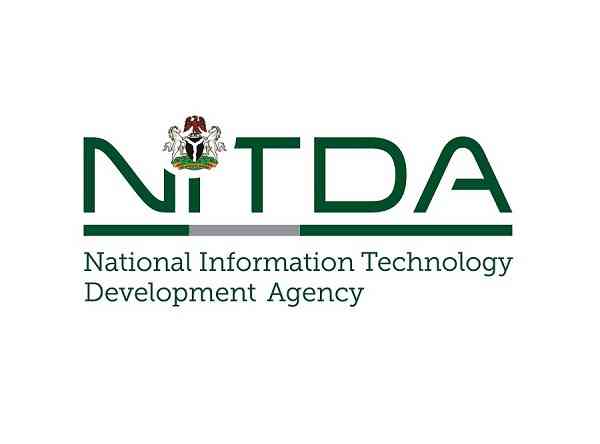
The National Information Technology Development Agency (NITDA) today (December 16) engaged stakeholders on new guidelines for the Service Level Agreement (SLA) for executing information technology contracts in Nigeria.
Speaking at a consumer protection forum themed “Inculcating the culture of service level agreement in government information technology contracts” in Abuja, the director-general, NITDA, Mallam Kashifu Abdullahi, said the forum is a platform through which NITDA seeks to bring the consumers and vendors of IT products and services together to address areas of challenges in service delivery. It is also an avenue to create awareness of consumer rights on IT products and services to ensure efficient and effective service delivery.
Represented by NITDA’s director, standards, guidelines and framework, Oladeji Olawunmi, Abdullahi said the agency aims to address a critical issue that emanated from past consumer protection fora and subsequent complaints within the industry which have caused NITDA to develop guidelines for the introduction of SLA into government information technology contracts.
“We intend to familiarise you with the guidelines today through our experienced resource persons and we believe this will mark the beginning of compliance to better service delivery in the sector.
“We are here to see why the lack of warranty and after-sales service agreements on our IT products and service purchases have cost us so much, and also to see why a good contract should have an SLA to make provisions for downtime, warranty and after-sales support.
“We have here today officers in charge of procurement and finance from various MDAs and also companies registered as IT companies by NITDA and together, we intend to develop the culture of the use and compliance to SLA guidelines when implementing government IT contracts. We, therefore, welcome suggestions from you on better ways to make the process a success,” he said.
Speaking to journalists, one of the resource persons, Babatunde Bamigboye defined SLA as any contract or understanding that spells out the obligations of a service provider and the standards required in the performance of those obligations.
He pointed out that SLAs in IT transactions are important IT transactions because the outcomes expected from each transaction may vary with the level of service rendered.
According to him, there was the need for SLA agreement, understanding and a proper framework to guide the stakeholder in the award and execution of It contracts.
‘‘For us, this forum is about developing service level agreements for people in the industry so that everybody can know their commitment and can drive it to a logical conclusion.
‘‘Participants are expected to deliberate elements of SLA and what is expected to enforce the SLA. Before now, there had been various levels of the agreement but because time is dynamic, there must be changes. The outcome of this meeting is for stakeholders to be more aware of the frontiers of the SLA,’’ he added.


